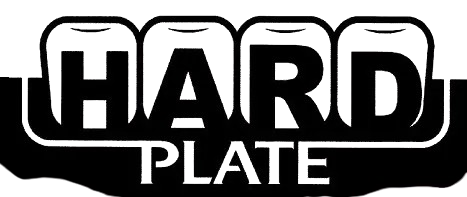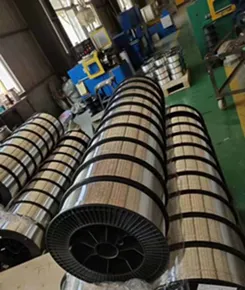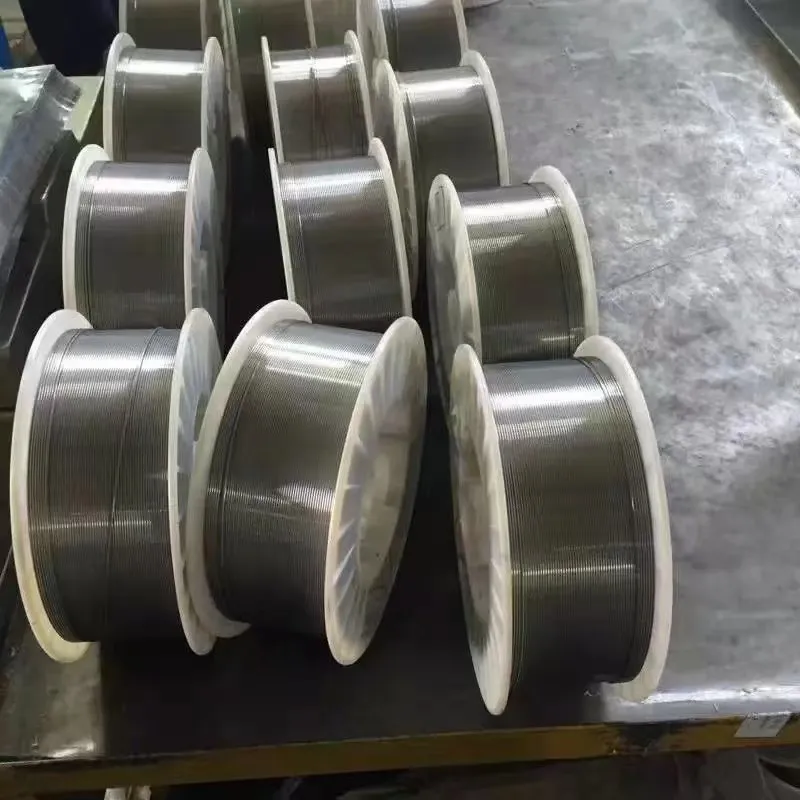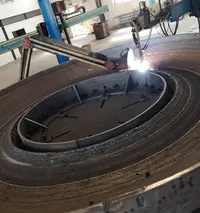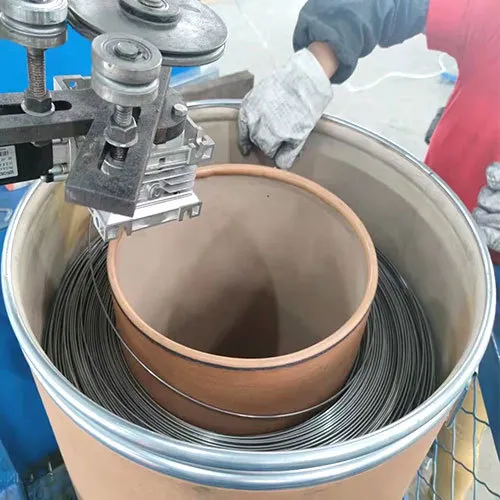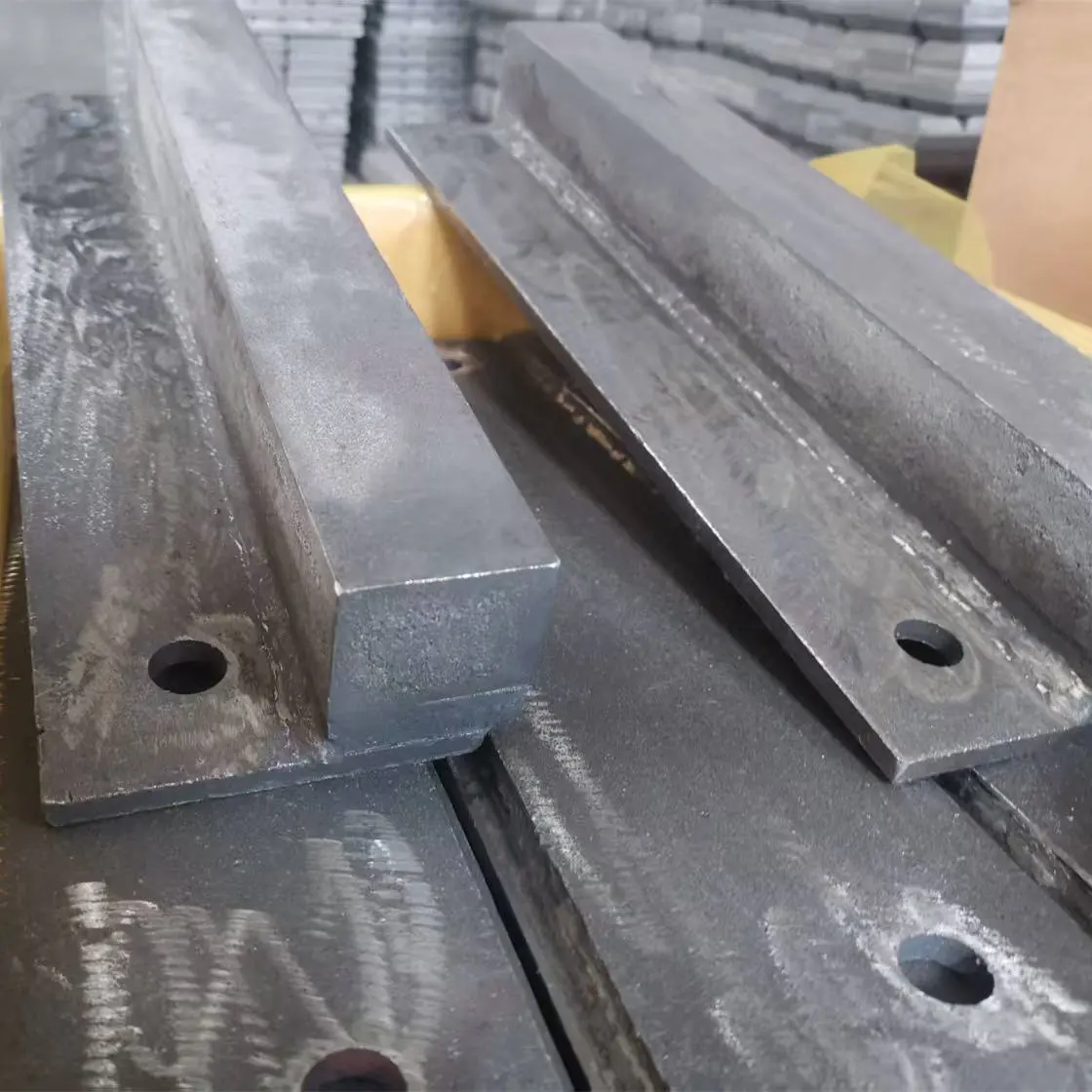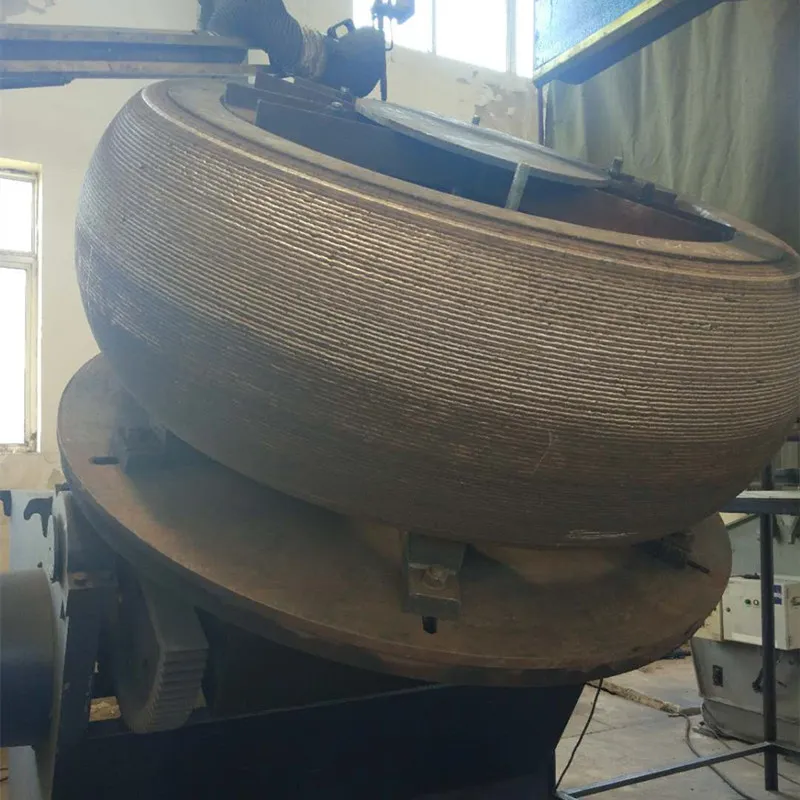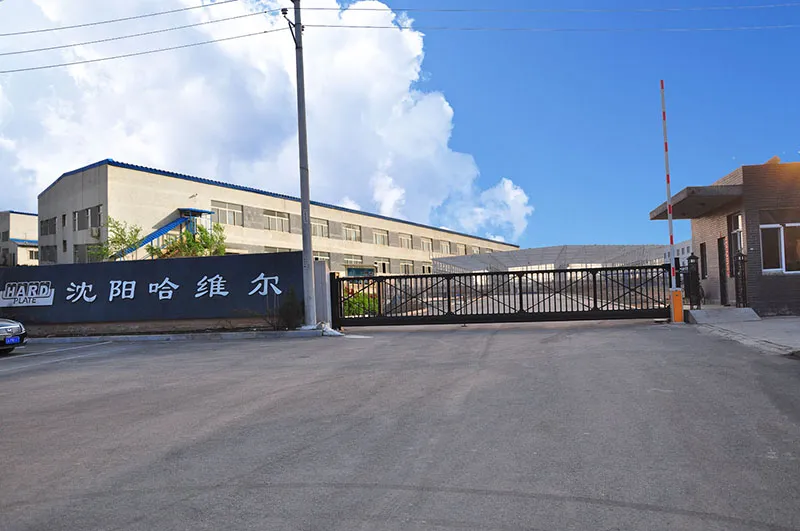4 Types of Welding Electrodes: Key Applications and Future Industry Prospects
Welding electrodes are essential consumables in metal joining processes, each designed for specific materials, welding conditions, and industry requirements. Understanding the four primary types—shielded metal arc welding (SMAW) electrodes, gas metal arc welding (GMAW) wires, tungsten inert gas (TIG) electrodes, and flux-cored arc welding (FCAW) wires—helps optimize welding performance across various applications. Below, we explore their current uses and future potential in key industries.
1. Shielded Metal Arc Welding (SMAW) Electrodes
SMAW electrodes, commonly known as "stick electrodes," are widely used in construction, shipbuilding, and pipeline welding due to their portability and adaptability to harsh environments. Key types include:
E6010/E6011: Ideal for root passes in pipe welding, offering deep penetration and excellent performance in vertical-down welding
E7018: A low-hydrogen electrode used in structural steel fabrication, providing high-strength welds with minimal cracking risk
Future Prospects: With infrastructure projects expanding globally, demand for high-efficiency SMAW electrodes (e.g., E6010 for hydrogen pipelines) is expected to grow at 5.3% CAGR through 2030.
2. Gas Metal Arc Welding (GMAW) Wires
GMAW wires, used in automotive and robotic welding, offer high deposition rates and clean welds. Common types:
ER70S-6: A general-purpose wire for carbon steel fabrication in automotive frames and machinery
ER308LSi: Used for stainless steel welding in food processing and chemical tanks
Future Prospects: The rise of automated welding cells in electric vehicle (EV) manufacturing will drive demand for precision GMAW wires with low spatter and consistent feedability.
3. Tungsten Inert Gas (TIG) Electrodes
TIG electrodes are critical for aerospace, nuclear, and precision welding. Key variants:
Thoriated (Red Tip): Offers excellent arc stability for stainless steel and nickel alloys but faces decline due to radioactivity concerns.
Lanthanated (Gold/Blue Tip): A non-radioactive alternative gaining traction in automated TIG systems for aluminum and high-alloy steels.
Future Prospects: The shift toward non-radioactive electrodes (e.g., lanthanated & ceriated tungsten) will accelerate, particularly in medical device and semiconductor welding.
